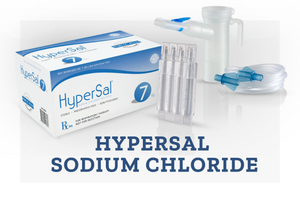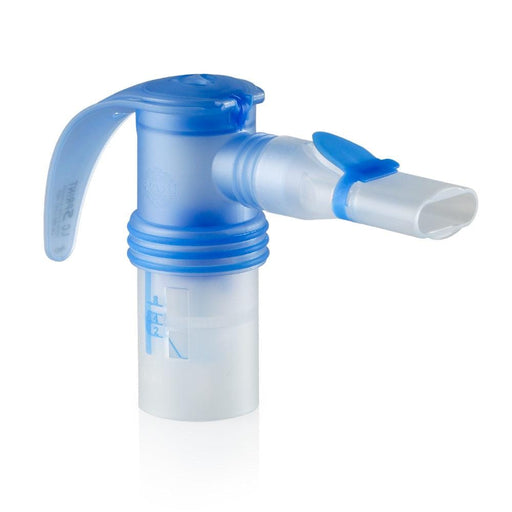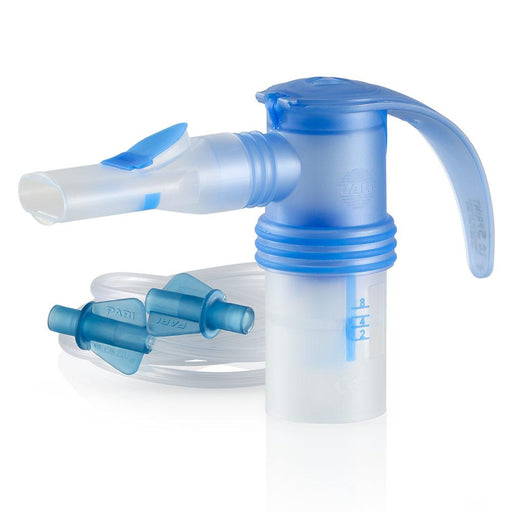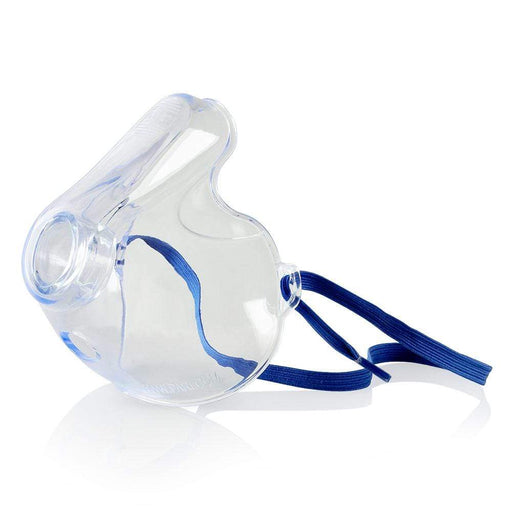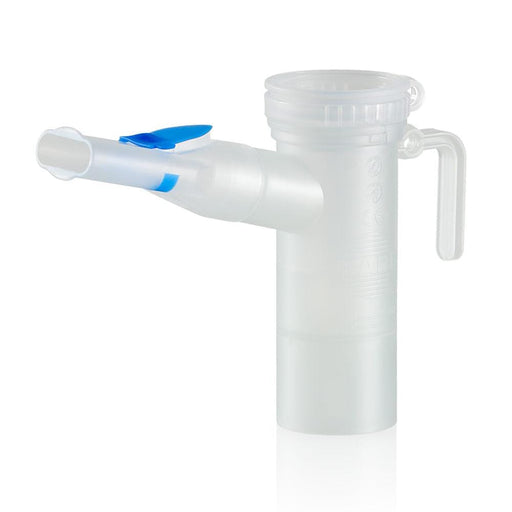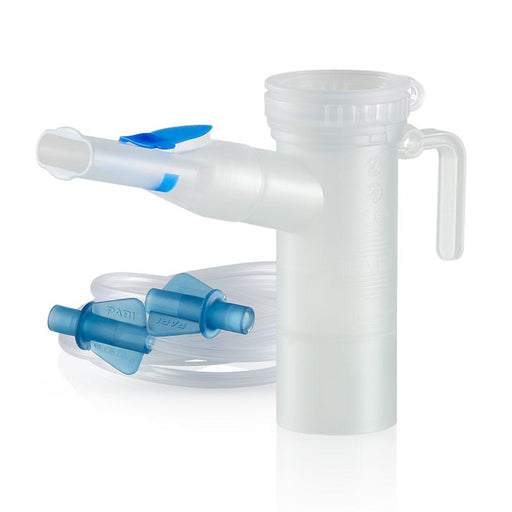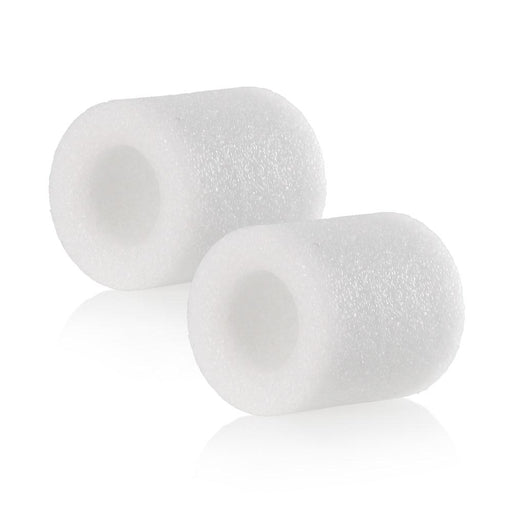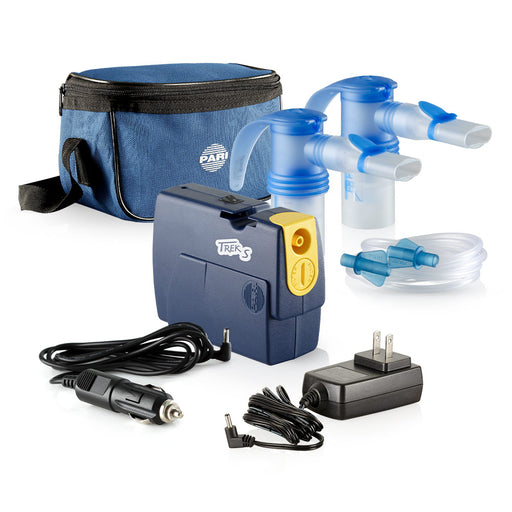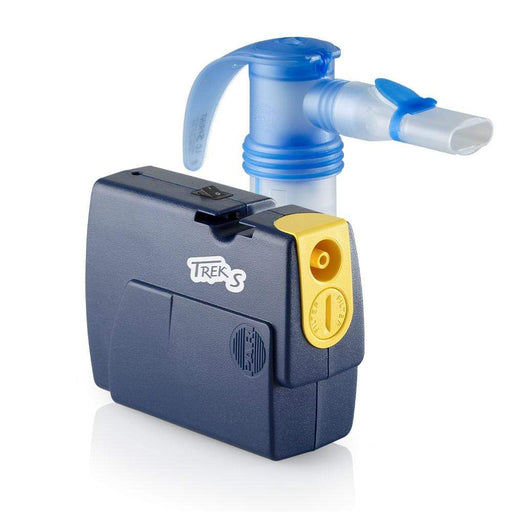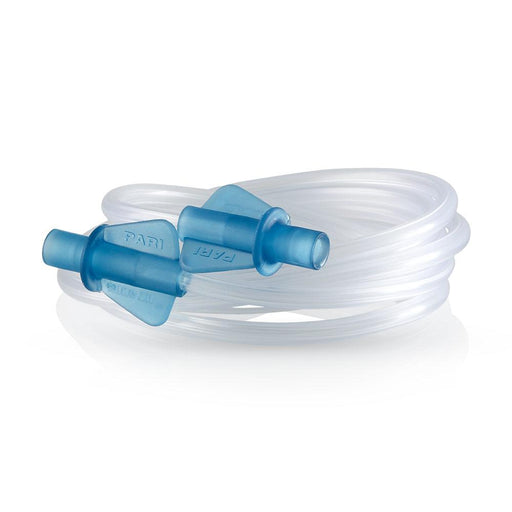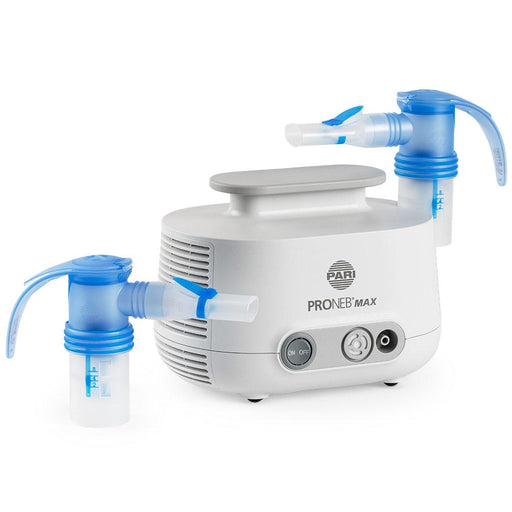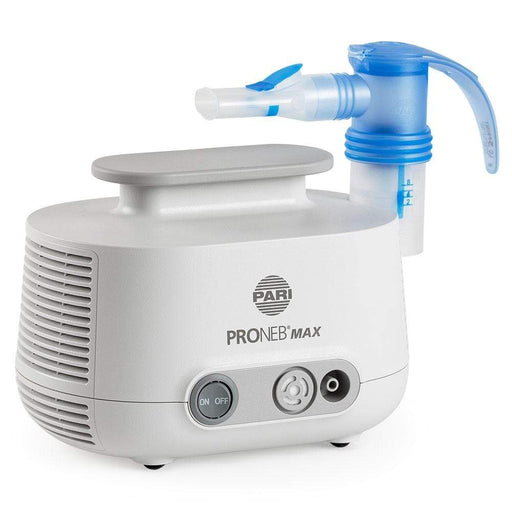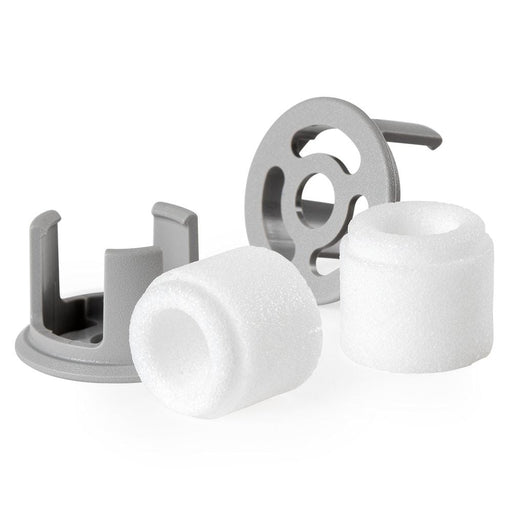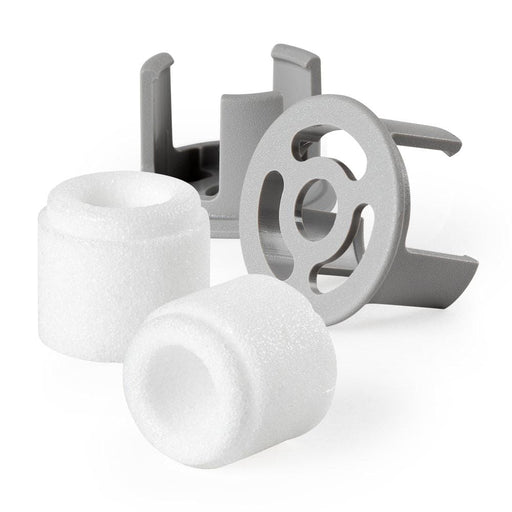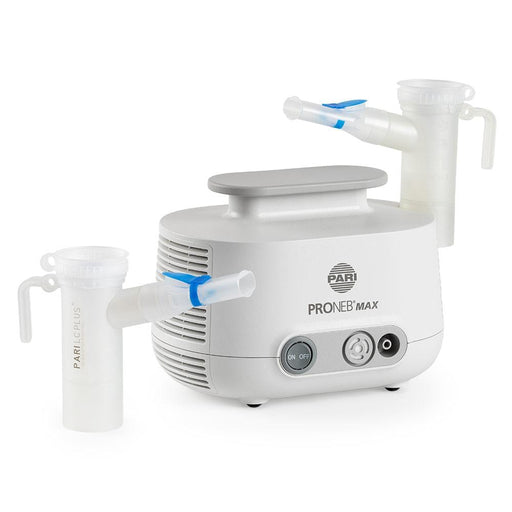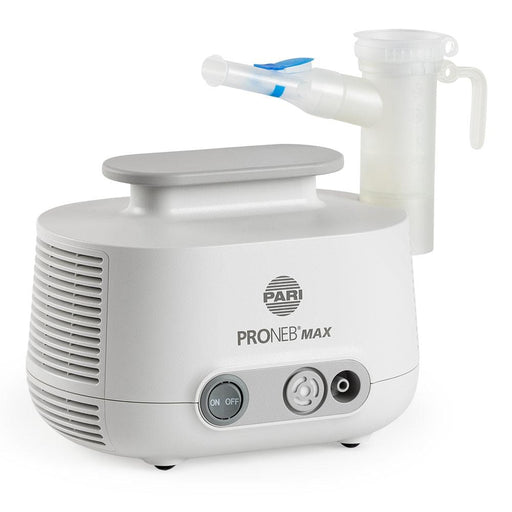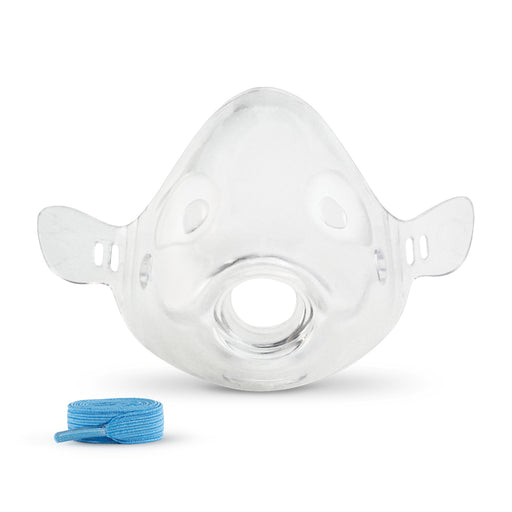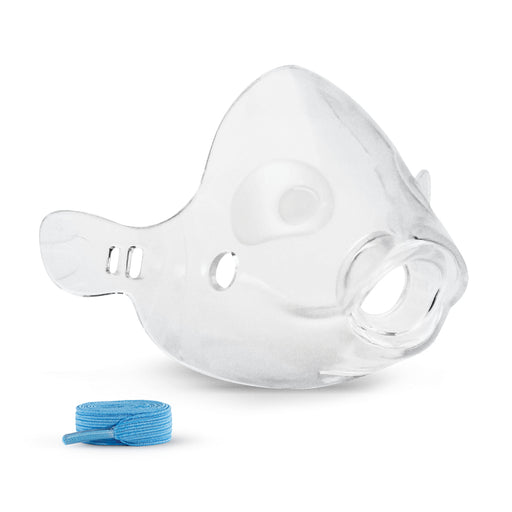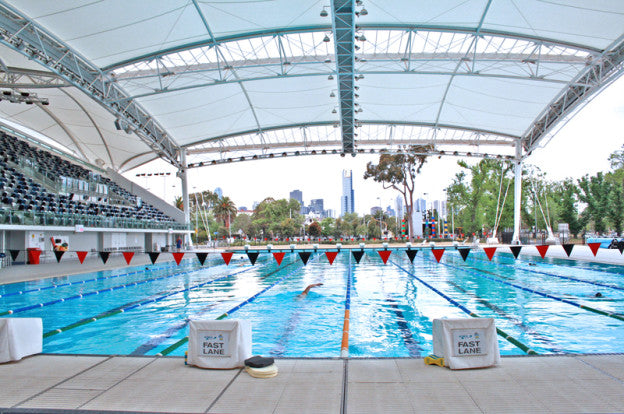
Summer Swimming & Asthma: Understanding Chlorine’s Impact on Breathing
For many people, the distinctive aroma of chlorine in the air near a swimming pool is enough to bring about positive memories of summertime fun. Chlorine can also be an irritant for people who suffer from asthma. Below, you can read about some possible side effects of chlorinated water, and if you should avoid swimming altogether because of an asthma diagnosis.
Symptoms for People With Asthma
After exposure to chlorine, people who suffer from asthma may be more likely to experience symptoms such as tightness in the chest, trouble breathing, wheezing, and nasal congestion. Excessive coughing could also be a problem especially when laughing, during exercise, or at night.
Put Chlorine Levels in Perspective
People don’t usually pay much attention to the chlorine concentration in a swimming pool. For someone living with asthma though, the amount of chlorine in the water could make a significant difference in overall enjoyment.
A chlorine level of 1.0 parts per million (PPM) is considered high, and there are some variations for recommended chlorination levels. It’s suggested that some private pool owners keep the chlorine content at 2.0 PPM, so you may want to speak up about your sensitivity to chlorine before going swimming in a neighbor’s pool.
A chlorine level of 0.5 PPM is at the low end of the spectrum, and anything below that is considered ideal for asthma sufferers.
Also, remember that saltwater pools are becoming more and more popular. Check with your local pools to see if there are any saltwater options in your area.
Should You Avoid Swimming Pools?
Swimming can be a fantastic form of exercise, even if you have asthma. Unless you have been advised otherwise, there’s probably no reason to completely steer clear of swimming pools without first determining whether or not you are sensitive to chlorine. Speaking to your physician should help reach that conclusion, and it may also be necessary to meet with an allergist.
Hopefully the information you’ve just read will make you feel more informed before jumping in a swimming pool to cool off during this summer’s most sweltering days.
SHOP CLINICALLY PROVEN NEBULIZER SYSTEMS & SUPPLIES
-
PARI LC Sprint Reusable Nebulizer Cup & Tubing: Speed & Comfort Combined
Original price $15.95 - Original price $15.95Original price$15.95$15.95 - $15.95Current price $15.95In stockOriginal price $15.95 - Original price $15.95Original price$15.95$15.95 - $15.95Current price $15.95 -
PARI LC Adult Aerosol Mask: Comfortable, Effective Medication Delivery
Original price $6.00 - Original price $6.00Original price$6.00$6.00 - $6.00Current price $6.00In stockOriginal price $6.00 - Original price $6.00Original price$6.00$6.00 - $6.00Current price $6.00 -
PARI LC Plus Reusable Nebulizer Cup & Tubing: Reliable Aerosol Delivery
Original price $15.95 - Original price $15.95Original price$15.95$15.95 - $15.95Current price $15.95In stockOriginal price $15.95 - Original price $15.95Original price$15.95$15.95 - $15.95Current price $15.95 -
Filters for PARI Vios, Ultra II, and Trek S System - 2 Per Package
Original price $9.45 - Original price $9.45Original price$9.45$9.45 - $9.45Current price $9.45In stockOriginal price $9.45 - Original price $9.45Original price$9.45$9.45 - $9.45Current price $9.45 -
PARI Trek S Portable Nebulizer System with LC Sprint: High-Quality On-the-Go Therapy
Original price $79.00 - Original price $189.00Original price$79.00 - $189.00$79.00 - $189.00Current price $79.00In stockOriginal price $79.00 - Original price $189.00Original price$79.00 - $189.00$79.00 - $189.00Current price $79.00 -
PARI Wing Tip Tubing: Secure, Tangle-Free Connection for Better Treatments
Original price $8.00 - Original price $8.00Original price$8.00$8.00 - $8.00Current price $8.00In stockOriginal price $8.00 - Original price $8.00Original price$8.00$8.00 - $8.00Current price $8.00 -
PARI PRONEB Max Nebulizer System with LC Sprint: Powerful & Efficient
Original price $99.00Original price $99.00 - Original price $99.00Original price $99.00Current price $84.99$84.99 - $84.99Current price $84.99In stockOriginal price $99.00Original price $99.00 - Original price $99.00Original price $99.00Current price $84.99$84.99 - $84.99Current price $84.99Sale -
Filters for PARI PRONEB Max System (2 Per Package): Clean, Efficient Treatments
Original price $9.95 - Original price $9.95Original price$9.95$9.95 - $9.95Current price $9.95In stockOriginal price $9.95 - Original price $9.95Original price$9.95$9.95 - $9.95Current price $9.95 -
PARI PRONEB Max Nebulizer System with LC Plus: Effective Heavy-Duty Therapy
Original price $99.00Original price $99.00 - Original price $99.00Original price $99.00Current price $84.99$84.99 - $84.99Current price $84.99In stockOriginal price $99.00Original price $99.00 - Original price $99.00Original price $99.00Current price $84.99$84.99 - $84.99Current price $84.99Sale -
PARI Bubbles Pediatric Aerosol Mask: Gentle, Fun Treatments for Kids
Original price $5.95 - Original price $5.95Original price$5.95$5.95 - $5.95Current price $5.95In stockOriginal price $5.95 - Original price $5.95Original price$5.95$5.95 - $5.95Current price $5.95


